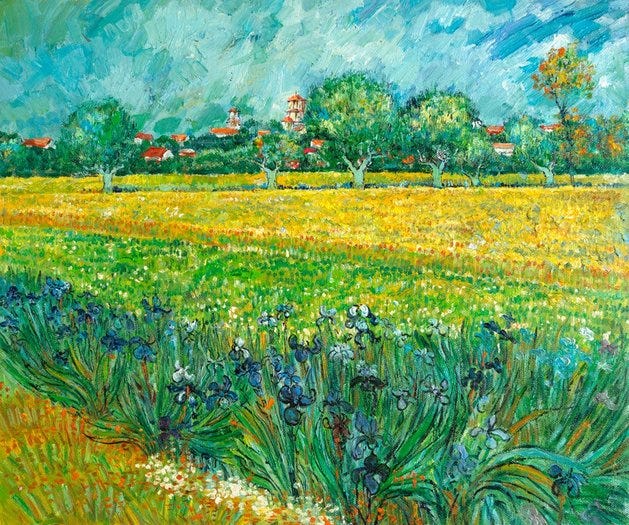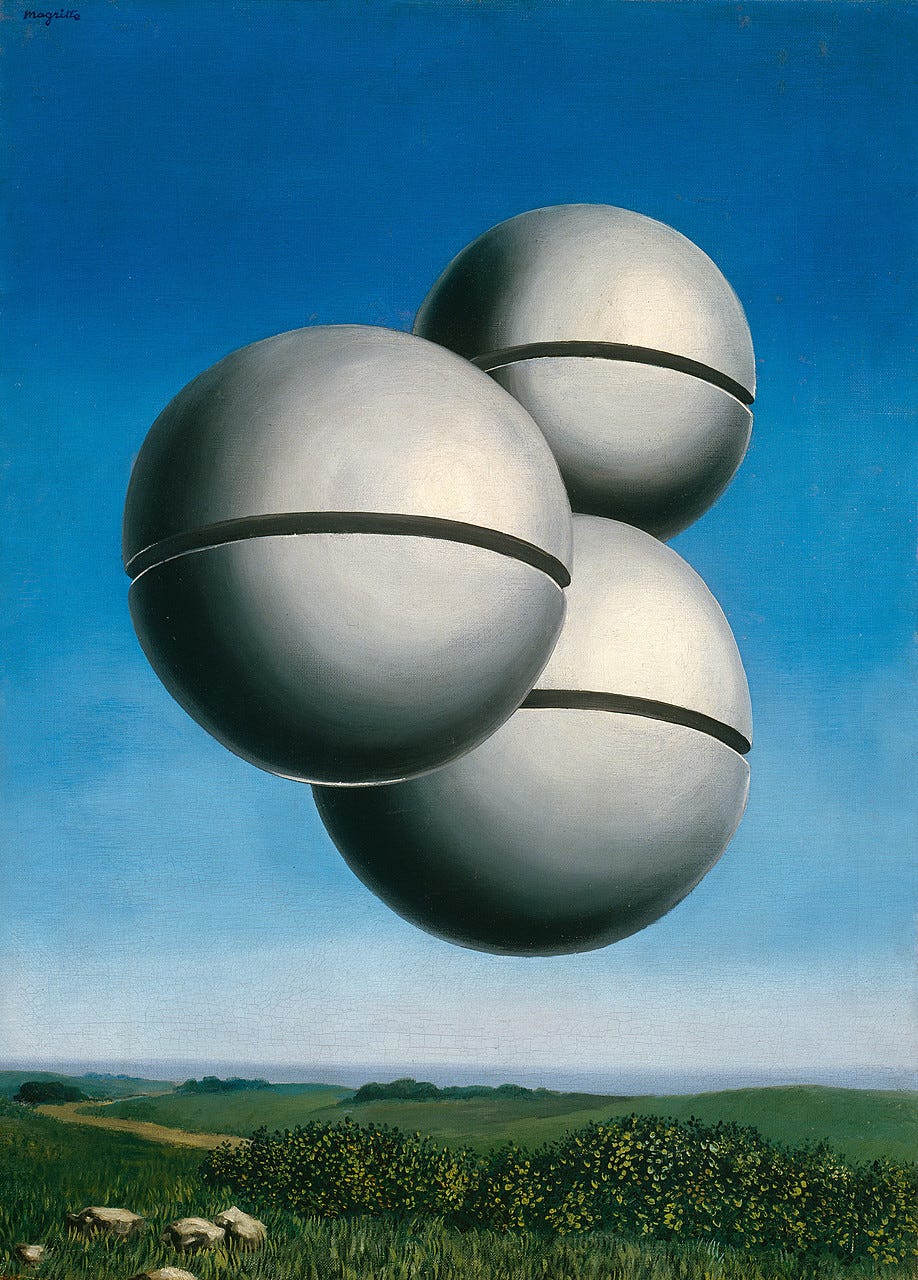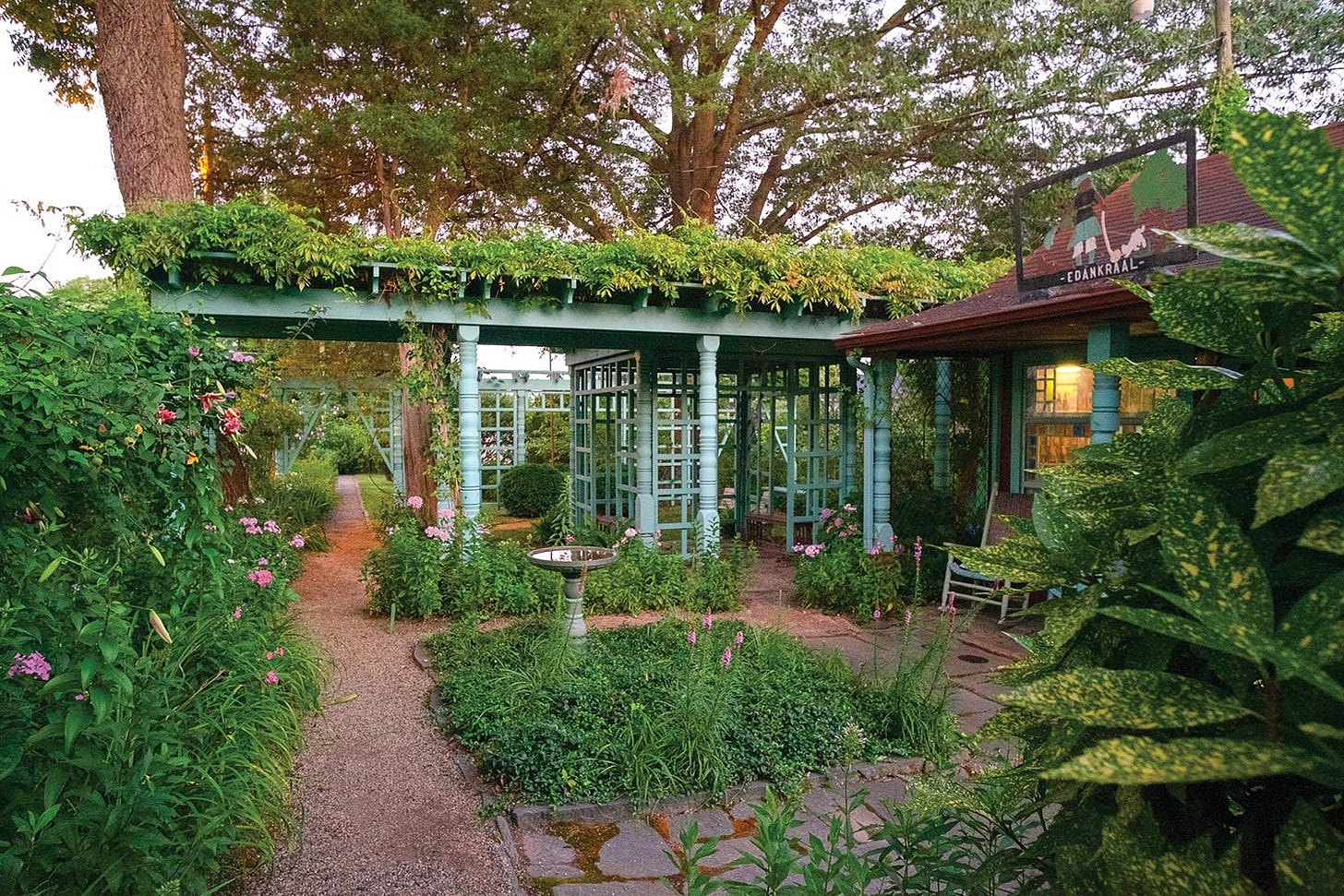Last year, while researching female figures of the Harlem Renaissance, I came across a journal article titled “In Search of Anne Spencer’s Garden: Cultivating Health in the Harlem Renaissance” by Mia Alafaireet. Alafaireet’s article discusses Spencer’s poetic and horticultural endeavors in her cultivation of a beautiful, flourishing space at her home in Virginia. Ultimately, Alafaireet explores the garden as a symbol of both aesthetic and resistance.
Since coming across this idea of cultivating cultural health, a day does not go past without it crossing my mind. What does it mean?
First, I think to a metaphor a friend of mine shared: your mind is a garden to be nourished and tended to.
In this lens, cultural health is an individual experience, a way to consider the food of your mind: the people, places, ideas, mindsets around you. Most relevant to my life, I think, is the media I consume.
I’m a proud consumer, of media. Classic Austen novels and niche Substacks dissecting contemporary culture. YouTube deep dives: video essays on art history, and podcasts unpacking everything from long-form musical analysis to political theory. My Apple Music library skips between Simon and Garfunkel to Drake. Add to that my cinematic double-life, where Pride and Prejudice is my perennial comfort movie, but so is Fincher’s Zodiac. Throw in a steady stream of 2000s sitcom reruns, and you’ve got my eclectic media buffet. These pieces, and the platforms they can be found on, offer more than personal indulgences, though. They are highways for cultural exchange.
…….. maybe.
It is the morning of Sunday January 19, 2025 as I write this. Last night, my friends and I huddled on the floor of my bedroom to give TikTok one last scroll. We hurried to download all our favorite videos (mostly edits of our favorite celebs and characters), and let out a desperate cry when, at roughly 10:30pm, the app stopped working.1
To older generations, it may be comical: oh no the kids are losing their damned social media! What will they do now!? Read a book!? But the shutdown was more disorienting than I’d expected. It felt like losing a place, a meeting ground. Once, cultural health thrived in public squares, libraries, and intimate spaces—gardens, studios, living rooms. Now, many of those spaces coexist in digital worlds, where collective experiences thrive across boundaries of time and place. So, could the loss of TikTok be a blow to youth cultural health? Or is it a blessing, a needed pause?
Social media has become an undeniable player in shaping culture. The internet isn’t just a tool anymore; it’s a place—a living, breathing entity that houses a digital garden where interaction blooms. But as I think more about this metaphor, I can’t help but reflect on the way platforms like TikTok often undermine the very growth they facilitate. Algorithms, designed for addictive engagement, trap us in echo chambers of sameness. Creativity risks becoming commodified, regurgitated in trends dictated by popularity rather than innovation. Is this garden being tended to or overrun?
The more I think about cultural health, the more I see it as something both deeply individual and inherently communal. It’s like a garden where individuals cultivate personal well-being—pruning, nurturing, and harvesting experiences. Yet, as Spencer’s garden reminds us, it's also about the ecosystem, the exchange of ideas, the cross-pollination of identity that strengthens the whole. Cultural health in the digital age becomes particularly intriguing when we think of platforms like TikTok which exemplify this duality: while social media enables unprecedented exchange of ideas, its structure too often feeds into shallow cycles of consumption. The vibrancy of collective creativity risks suffocation beneath the weight of addictive scrolling and algorithmic sameness.


So what does cultural health look like in this landscape?
Digital culture is not, as some might argue, inferior to traditional, tangible art. The question becomes: what role do these digital “places” play in the overall health of our creative spaces? Is TikTok—and other platforms like it—merely the abstract cousin of more traditional forms of culture, such as paintings, poetry, and physical performances? Does the loss of TikTok signify a hollowness or just a shift to a new form of cultural exchange? Perhaps cultural health involves learning how to engage critically with digital platforms rather than relying on them as cultural lifelines. Or maybe it’s all part of a cultural health evolution.
Anne Spencer’s garden teaches us something important here. It wasn’t just a site of beauty and personal joy—it was a place for resistance, reflection, and creation. Just like any garden, this digital space needs care. Ideas need to grow from it, prune from it, and spread in their own, unique way. Now, more than ever, I believe it’s not simply about amassing input or output but creating intentional spaces—physical or digital—that encourage depth, dialogue, and diversity.
As we adjust to the cultural shifts in our media landscapes, what kind of gardens are we growing for ourselves, our communities, and our world? When it comes down to it, cultivating cultural health is about tending to whatever space it is we choose to grow in.
To answer my original question: what does it mean to cultivate cultural health? I think it’s about finding balance. It’s not about rejecting the digital or retreating entirely into the past. It’s about making space for both innovation and tradition, and ensuring that the rapidity of online culture doesn’t overtake the roots of reflective, meaningful engagement. Cultivating cultural health means asking hard questions about where and how we grow: Are we exchanging ideas or just recycling them? Are we enriching ourselves or numbing ourselves?
Maybe the key is recognizing that gardens require care, boundaries, and sometimes pruning. The internet’s culture is what we make of it, but only if we tend to it with intention.

Ok, so I am editing and publishing this a few days later, and TikTok is back up and running, rendering my friends’ frantic download party somewhat unnecessary—but no less memorable. The short-lived disappearance was a reminder of how fragile even our most seemingly permanent digital spaces can feel.







Love this Q!!!!
Quinn, this is so well written. I think the metaphor of TikTok as a cultural "garden" that needs to be tended to is so interesting, especially because that terminology implies users actively hold a responsibility in nurturing this said "garden." Like, we are the gardeners ourselves, contributing to or harming the health of this digital landscape. From the way you frame it, I think TikTok has the potential to cultivate a healthy culture insofar as users contribute to (post, comment, etc) the app wisely. You are right that we have created mere echo chambers and uniformity. Unfortunately, TikTok use is so regularized and engrained into the daily lives of so many people, that using the app does not require conscious effort, but is instead done mindlessly, without considering the consequences of what we input into the app. This (to go off of your metaphor) is akin to a bunch of farmers recklessly scattering seeds without considering how they might harm the ecosystem.